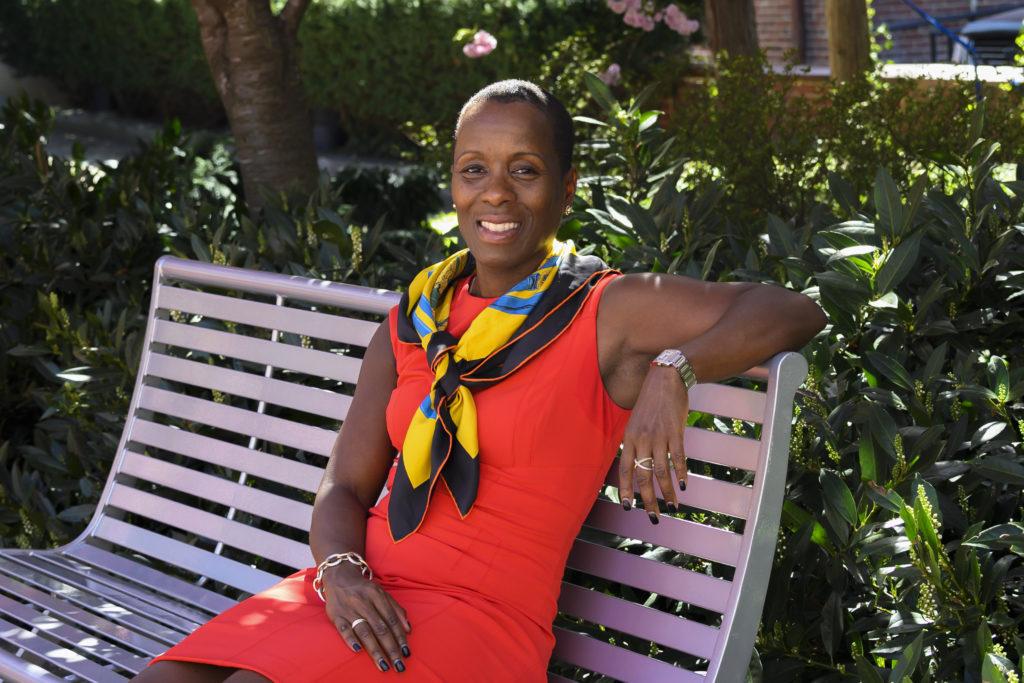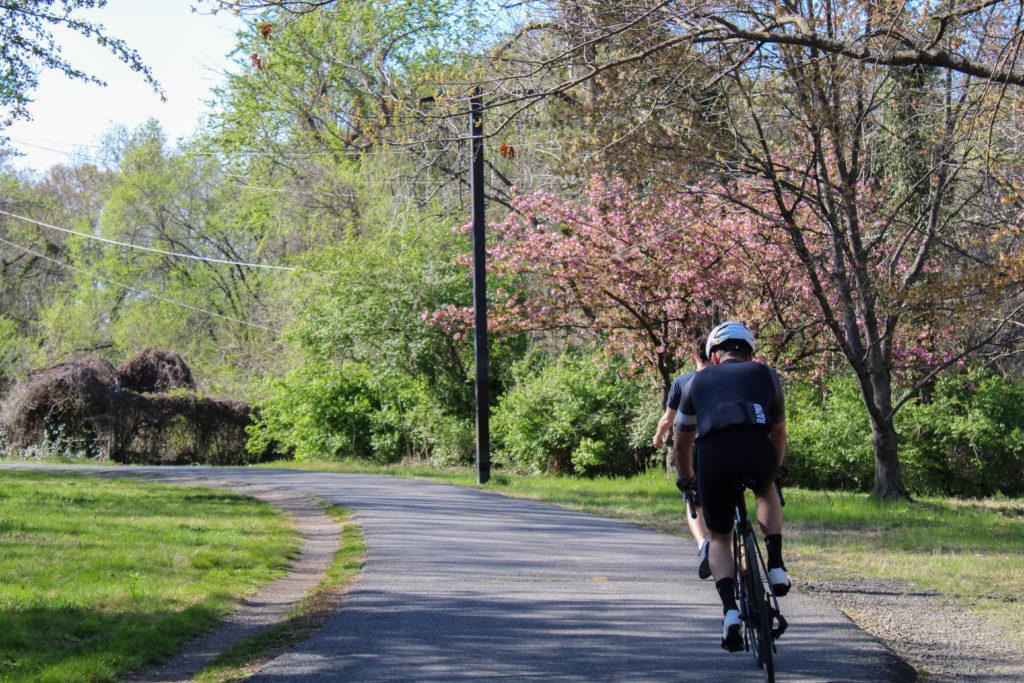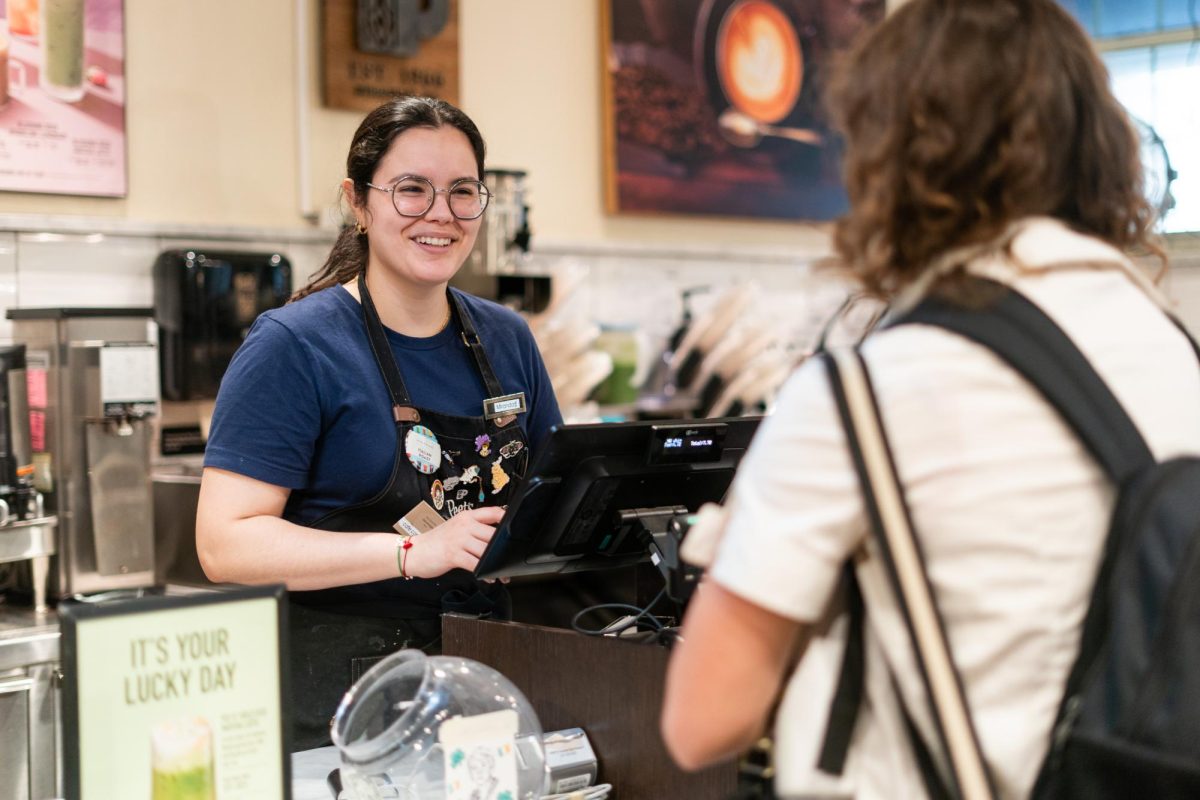Readers’ pick: David Rain
With student-led lessons and open discussions that inspire innovative approaches to public health discourses, the classroom dialogue professor Tamara Henry fosters establishes her courses as some of the most captivating on campus.
Henry – a teaching associate professor at the Milken Institute School of Public Health who teaches everything from foundational classes, like Intro to Public Health, to graduate classes, like Preventing Health Disparities – said she regularly updates her lesson plans to include readings relevant to current events in public health. She said debates and discussions on course content comprise either half or the majority of class time to maintain an engaging environment, allowing students to debate positions that they disagree with and develop a deeper understanding of the material.
“Every single day, I come prepared to teach students in a way that’s enthusiastic but, more importantly, in a way that allows students to be who they are, to express themselves freely and without judgment,” she said.
Henry said studies show students’ attention span only lasts 45 minutes before they start losing focus, so she prioritizes active learning and participation in her teaching style instead of lecturing for the entirety of the classes.
“So when people say, ‘Oh, you have to know your audience,’ I take that very seriously,” she said. “I’m not going to lecture for two and a half hours to students who are on GChat and tuned out.”
She said nearly 75 percent of her courses adopt a “flipped classroom” process, meaning students study a certain topic before presenting it to the class, answering questions from classmates and leading discussions regarding that topic. She said this class format encourages students to consider a variety of viewpoints from public health experts and fellow classmates so they can develop their own perspectives.
“I don’t encourage groupthink,” Henry said. “I want our students to know the opposing view. I want them to know it well, so that they can stand firm in their position. So I’m always going to throw out controversial topics that get under people’s skin, that evoke conversation and emotion in the classroom.”
She said teaching all levels of academic courses, from freshman to graduate, is rewarding because she can witness the development of her students and offer guidance about graduate school, networking and internships as they begin their public health careers. Henry said her favorite aspect of teaching is guiding her students through their academic and professional journeys because she can see the positive impacts her students make in their careers – from challenging the status quo in the public health field to tackling issues of structural racism through public policy.
Henry added that she also values the opportunity to learn from her students. She said students have taught her about the dissemination of public health information on social media platforms, like TikTok, which can reach the public faster than classroom sessions.
“It is such a rewarding experience to be around students who desire to learn but also students who are innovative and think outside the box when it comes to public health,” she said.
With a stellar average rating of 4.6 out of 5 from 33 reviews on Rate My Professors, Henry stands out as a fan favorite among students.
“She loves her students, tries to make social behavior theories interesting and fresh in the field of public health and talks a lot about immersing yourself in the field,” a student in Henry’s principles of health education and health promotion class said on Rate My Professors.







